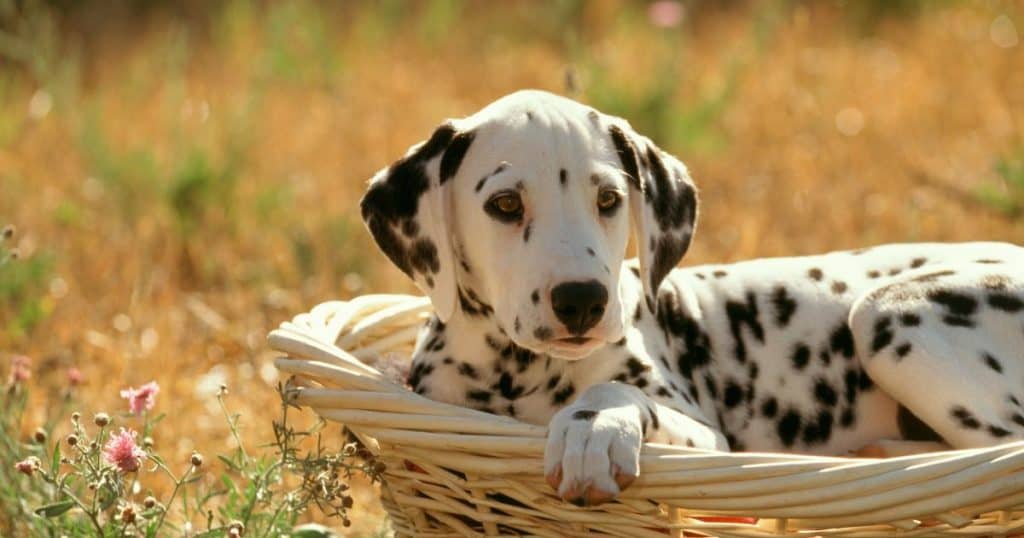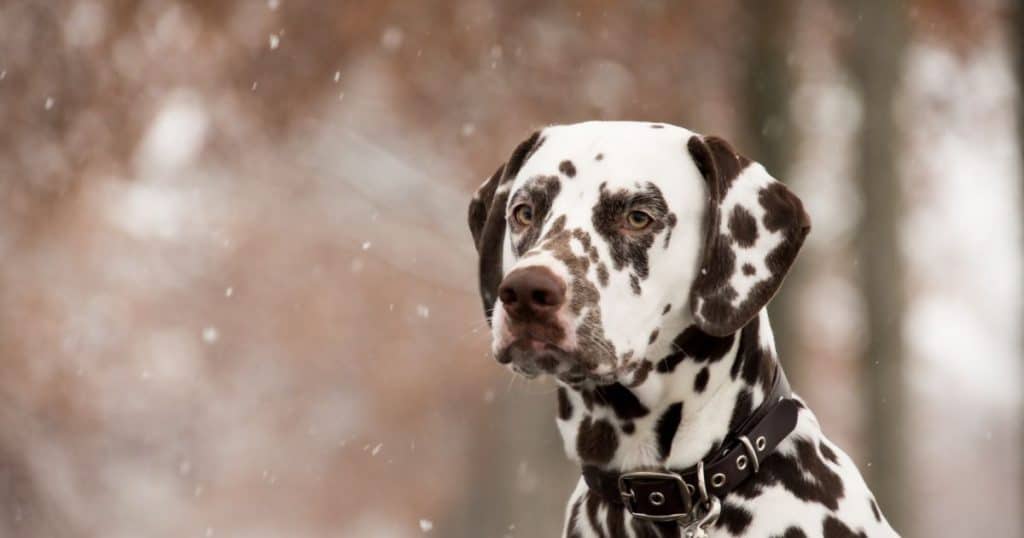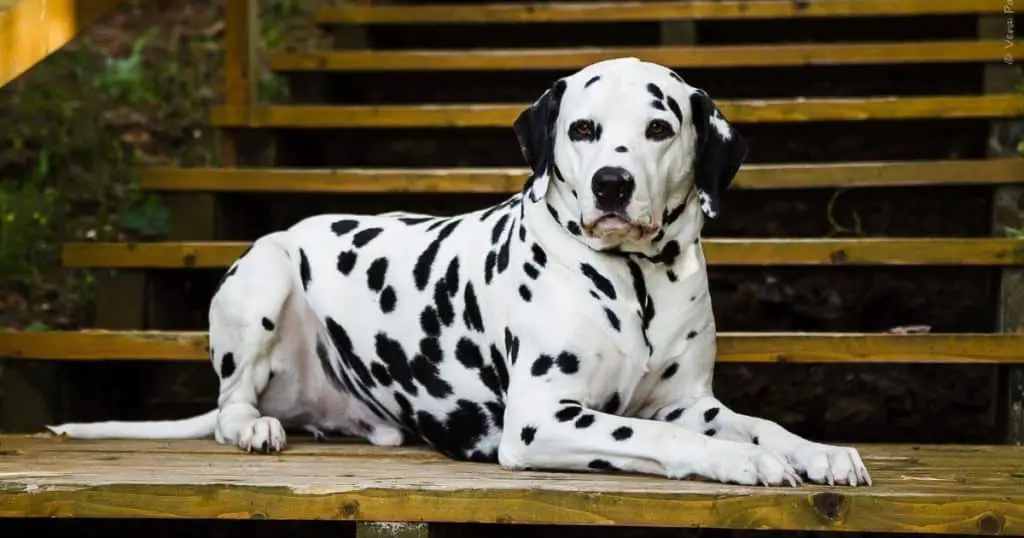What to Know
Dalmatians are a unique breed of dog that is known for their distinctive spotted coat and friendly personality. One of the most common questions that potential or current Dalmatian owners may have is how long their furry friend is expected to live.
The lifespan of a Dalmatian can vary based on several factors, and it is important for owners to understand these factors in order to provide their pets with the best possible care.
In this article, we will explore the average lifespan of a Dalmatian and the factors that can impact their life expectancy.
We will also discuss common health concerns that Dalmatians may face and provide tips for keeping your furry friend healthy and happy throughout their life.
Whether you are a current Dalmatian owner or considering adding one to your family, understanding their lifespan and health concerns is essential for providing them with the best possible care.
Average Lifespan of a Dalmatian

Dalmatians are a medium-sized breed of dog that are known for their distinctive coat of white with black spots. They are active and energetic dogs that require plenty of exercise and mental stimulation to stay healthy and happy. One of the most important factors in keeping your Dalmatian healthy is understanding their lifespan.
Factors Affecting Lifespan
The average lifespan of a Dalmatian is 11-13 years, which is similar to the average lifespan for similar-sized dogs. However, there are several factors that can affect a Dalmatian’s lifespan, including:
- Genetics: Like all living creatures, genetics play a role in a Dalmatian’s lifespan. Some genetic conditions can cause health issues that may shorten their lifespan.
- Diet and Exercise: Proper nutrition and exercise are essential to a Dalmatian’s overall health and can help them live longer.
- Health Issues: Dalmatians are prone to certain health issues, such as deafness, urinary stones, and skin allergies. Regular check-ups with a veterinarian can help catch and treat these issues early, which can improve their lifespan.
- Environment: A Dalmatian’s environment can also affect their lifespan. Exposure to toxins, extreme temperatures, and other environmental factors can impact their health and longevity.
By understanding these factors and taking steps to address them, you can help your Dalmatian live a long and healthy life.
Lifespan of a Dalmatian – Origins and Characteristics

Dalmatians are a unique breed that has been around for centuries. They were originally bred in Croatia to be carriage dogs, running alongside horse-drawn carriages and protecting the occupants from highwaymen and other dangers. Their distinctive spotted coat and athletic build made them a popular choice for this role.
One of the most notable characteristics of the Dalmatian breed is their spotted coat. While most Dalmatians are white with black spots, some can have liver-colored spots or even a lemon-colored coat. They are a medium-sized breed, with males typically standing around 23 inches tall and females around 22 inches.
Dalmatians are known for their high energy levels and need for exercise. They are intelligent and independent thinkers, which can make them challenging to train for inexperienced owners.
They are also prone to certain health issues, including deafness and urinary stones, so it’s important to choose a reputable breeder and keep up with regular veterinary check-ups.
Despite their high energy levels and independent nature, Dalmatians are also known for their loyalty and affection towards their owners. They make great family pets for active households who are committed to providing them with plenty of exercise and mental stimulation.
How to Increase the Lifespan of Your Dalmatian

Diet and Nutrition
Feeding your Dalmatian a balanced and nutritious diet is essential for maintaining good health and longevity.
Make sure to choose a high-quality dog food that is specifically formulated for their breed and age.
Avoid feeding them table scraps or human food, as it can lead to obesity and other health problems. Consult with your veterinarian to determine the best diet plan for your Dalmatian.
Exercise and Activity
Dalmatians are an active breed that requires regular exercise and physical activity to maintain their health and well-being.
Make sure to provide them with adequate exercise opportunities, such as daily walks, runs, or playtime in a fenced yard.
Engage them in activities that they enjoy, such as agility training or fetch, to keep them mentally and physically stimulated.
Regular Check-ups and Vaccinations
Regular check-ups with your veterinarian are crucial for maintaining your Dalmatian’s health and detecting any potential health issues early on.
Make sure to schedule annual wellness exams, as well as routine vaccinations and preventive care.
Follow your veterinarian’s recommendations for flea and tick prevention, heartworm prevention, and other preventive measures to keep your Dalmatian healthy and happy.
Grooming and Hygiene
Grooming and hygiene are important for maintaining your Dalmatian’s overall health and well-being. Regularly brush their coat to remove loose fur and prevent matting.
Clean their ears and teeth regularly to prevent infections and dental problems.
Trim their nails as needed to prevent overgrowth and discomfort. Make sure to bathe them as needed, using a gentle dog shampoo that is specifically formulated for their breed and skin type.
Common Health Issues in Dalmatians

Deafness
Deafness is a common health issue in Dalmatians. According to PDSA, 30% of Dalmatians are born deaf in one or both ears.
This is due to a genetic mutation that affects the development of the inner ear. Deafness can be partial or complete, and it can affect one or both ears.
Dalmatian puppies should be tested for deafness at an early age, and deaf puppies should not be bred.
Urinary Stones
Dalmatians are prone to developing urinary stones, which can cause pain, discomfort, and even blockages.
According to PetMD, Dalmatians have a unique metabolism that causes them to produce high levels of uric acid, which can lead to the formation of stones.
Feeding a low-purine diet and providing plenty of water can help prevent urinary stones in Dalmatians.
Skin Allergies
Dalmatians are also prone to developing skin allergies, which can cause itching, redness, and irritation.
According to Georgia Veterinary Associates, common allergens that affect Dalmatians include pollen, dust mites, and certain foods.
Regular grooming and bathing can help reduce the risk of skin allergies in Dalmatians.
Eye Problems
Dalmatians are at risk for several eye problems, including cataracts, glaucoma, and progressive retinal atrophy.
According to PetMD, regular eye exams can help detect these issues early on and prevent them from progressing.
Dalmatian owners should also be aware of signs of eye problems, such as cloudiness or discharge.
Training and Socialization
Training and socialization are essential for Dalmatians to become well-behaved and obedient dogs. These dogs are intelligent and can be easily trained, but they require consistent and positive reinforcement training methods.
Begin training your Dalmatian from a young age to ensure they learn good behavior and habits. Consistency is key when training your Dalmatian, as they can be stubborn at times.
Positive reinforcement methods such as treats, praise, and playtime are effective ways to train your Dalmatian.
Socialization is also important for Dalmatians. They are social dogs that enjoy the company of other animals and people.
Socializing your Dalmatian from a young age will help prevent them from becoming shy or aggressive towards other dogs and people.
Take your Dalmatian to the dog park or arrange playdates with other dogs to help them socialize and develop good social skills.
When socializing your Dalmatian, it is important to supervise them and ensure they are not exhibiting any aggressive behavior towards other dogs or people.
Early socialization and training will help your Dalmatian become a well-behaved and social dog that is a pleasure to be around.
Are you a fan of the classic movie 101 Dalmatians? Want to give your mom and dad dogs names inspired by the film? Our guide to 101 Dalmatians Mom and Dad Dog Names has got you covered with the best options for your furry family!
Before You Go
After researching various sources, it is clear that the average lifespan of a Dalmatian is around 12 years. However, with proper care, attention, and nutrition, they can live up to 14 years.
It is important to note that Dalmatians, like all dogs, can be prone to certain health issues. These can include deafness, hip dysplasia, and urinary stones. Regular visits to the veterinarian and a balanced diet can help prevent and manage these health concerns.
Dalmatians are known for their high energy and need for attention and socialization. They thrive in active households with plenty of opportunities for exercise and playtime. Daily walks, runs, and games of fetch are essential to keeping them healthy and happy.
If you are considering adding a Dalmatian to your family, it is important to do your research and make sure you have the time, resources, and commitment to providing them with the care they need. With the right care and attention, a Dalmatian can be a loyal and loving companion for many years to come.
Related Articles:

